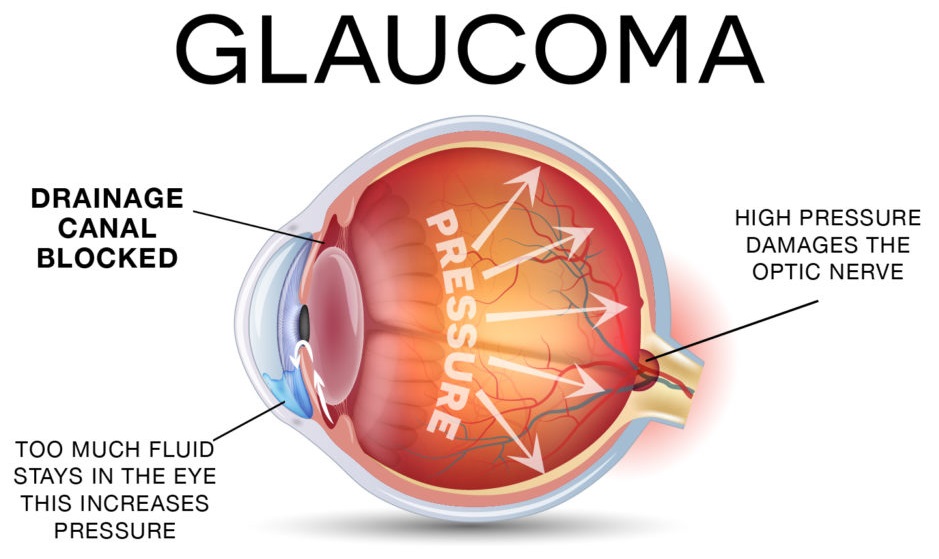Glaucoma surgery in Hadapsar,Pune

Glaucoma surgery in Hadapsar,Pune
Understanding Glaucoma: A Silent Thief of Sight
Glaucoma, often referred to as the “silent thief of sight,” is a group of eye conditions that damage the optic nerve, leading to progressive and irreversible vision loss. This disease typically develops gradually and without noticeable symptoms in its early stages, making regular eye examinations crucial for early detection and treatment.
Causes and Symptoms:
Glaucoma can result from increased pressure within the eye, known as intraocular pressure (IOP), which damages the optic nerve over time. However, it’s essential to note that not all cases of glaucoma involve elevated IOP, and some individuals may develop the condition with normal eye pressure.
Symptoms of glaucoma may vary depending on the type and stage of the disease. Common symptoms include:
- Gradual loss of peripheral vision (tunnel vision)
- Blurred vision
- Halos around lights
- Severe eye pain
- Nausea and vomiting (in acute cases)
- Detection and Diagnosis:
Early detection of glaucoma is critical for preventing vision loss. During a comprehensive eye examination, an ophthalmologist may perform several tests to assess the health of your eyes and screen for glaucoma, including:
Tonometry: Measures intraocular pressure (IOP).
Perimetry (Visual Field Test): Evaluates the full extent of your peripheral vision.
Optical Coherence Tomography (OCT): Produces high-resolution images of the optic nerve and retina to assess structural changes.
Central Corneal Thickness (CCT) Measurement: Determines the thickness of the cornea, which can influence IOP readings.
Gonioscopy: Examines the drainage angle of the eye to assess the risk of angle-closure glaucoma.
Can Glaucoma Be Cured?
While there is currently no cure for glaucoma, early detection and treatment can help slow down or halt the progression of the disease, preserving remaining vision and preventing further damage to the optic nerve. Treatment options may include prescription eye drops, oral medications, laser therapy, or surgery, depending on the severity and type of glaucoma.
In conclusion, glaucoma is a serious eye condition that requires prompt diagnosis and management to prevent vision loss. Regular eye examinations, especially for individuals at higher risk, such as those with a family history of glaucoma or older adults, are essential for early detection and timely intervention. If you experience any symptoms of glaucoma or have concerns about your eye health, consult an eye care professional promptly for evaluation and appropriate management.
